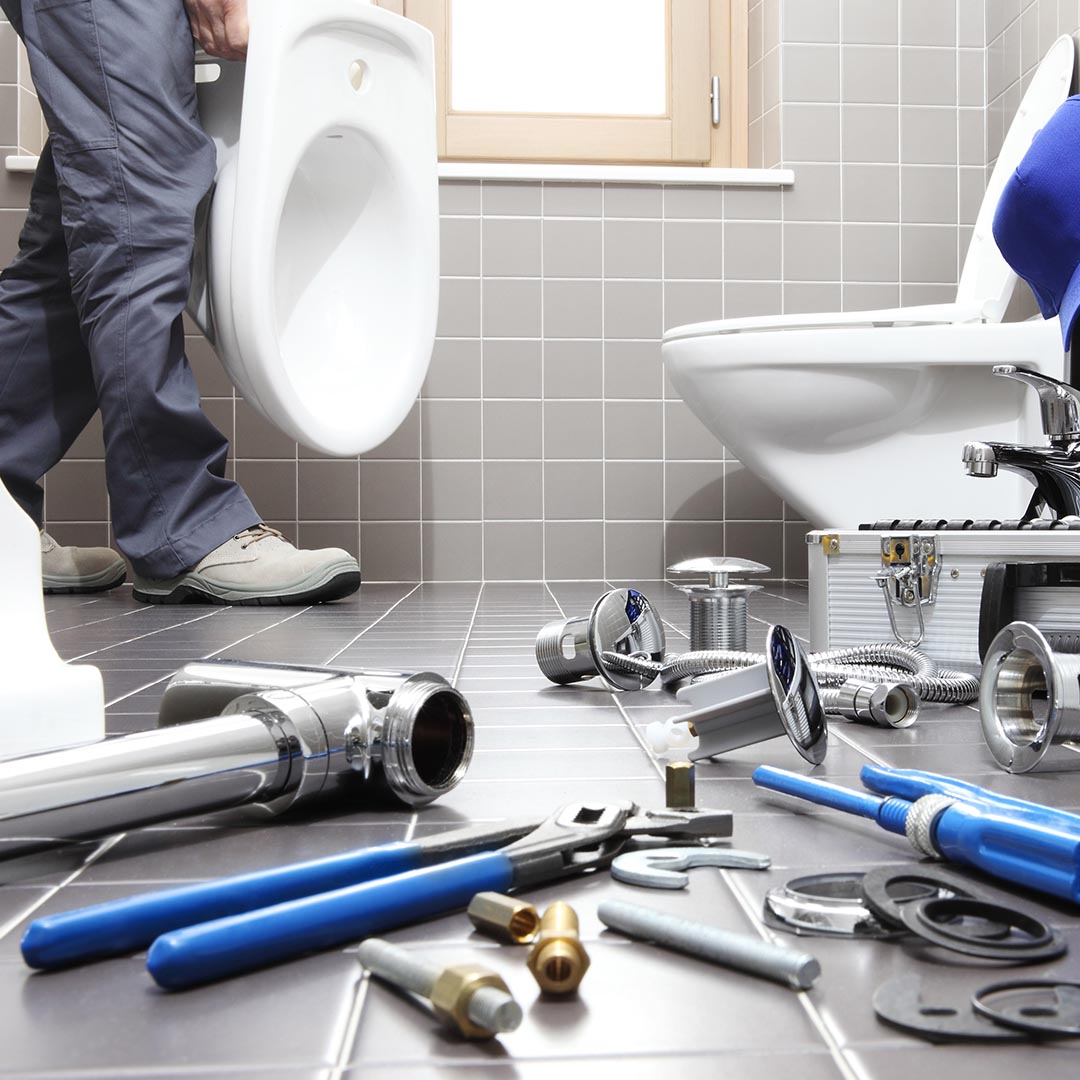Residential Plumbing Maintenance Essential Tips

Essential Guidelines for Residential Plumbing Maintenance
Maintaining a properly functioning plumbing system is crucial for the comfort and convenience of your home. By implementing regular maintenance practices, you can prevent costly repairs, conserve water, and ensure the longevity of your plumbing fixtures. Here are some essential tips for effective residential plumbing maintenance.
Schedule Regular Inspections
Regular inspections by a qualified plumber are essential for identifying potential issues before they escalate into major problems. A professional plumber can assess the condition of your plumbing system, including pipes, fixtures, and appliances, and recommend any necessary repairs or replacements. Scheduling annual inspections can help you catch small leaks, corrosion, or other issues early on, saving you time, money, and hassle in the long run.
Check for Leaks and Drips
Even small leaks and drips can waste significant amounts of water and lead to water damage if left unaddressed. Periodically check your faucets, toilets, and pipes for any signs of leaks or drips, such as water stains, mold growth, or musty odors. Fixing leaks promptly can help prevent water damage to your home and conserve water, reducing your utility bills in the process.
Maintain Proper Water Pressure
High water pressure can put unnecessary strain on your plumbing system, leading to leaks, bursts, and other issues. Use a water pressure gauge to measure the water pressure in your home and ensure it falls within the recommended range of 40-80 psi (pounds per square inch). If you notice excessively high water pressure, consider installing a pressure regulator to protect your plumbing fixtures and appliances from damage.
Inspect and Maintain Water Heater
Your water heater plays a vital role in providing hot water for bathing, cooking, and cleaning. To ensure optimal performance and efficiency, it’s important to inspect and maintain your water heater regularly. Check for signs of corrosion, sediment buildup, or leaks, and flush the tank annually to remove any accumulated sediment. Performing routine maintenance on your water heater can extend its lifespan and reduce the risk of unexpected breakdowns.
Prevent Clogs and Blockages
Clogged drains and pipes are a common plumbing issue that can disrupt your daily routine and cause inconvenience. To prevent clogs and blockages, avoid disposing of grease, food scraps, coffee grounds, and other debris down your drains. Use drain screens or strainers to catch hair, soap scum, and other particles before they can accumulate and cause blockages. Periodically flush your drains with hot water or a mixture of baking soda and vinegar to help keep them clear and flowing smoothly.
Protect Against Freezing Temperatures
In colder climates, freezing temperatures can pose a threat to your plumbing system, causing pipes to freeze and burst. To protect against frozen pipes, insulate exposed pipes with foam pipe insulation or heat tape, especially in unheated areas such as basements, crawl spaces, and attics. Keep garage doors closed during cold weather and open cabinet doors under sinks to allow warm air to circulate around pipes. If you plan to be away from home during freezing temperatures, consider
